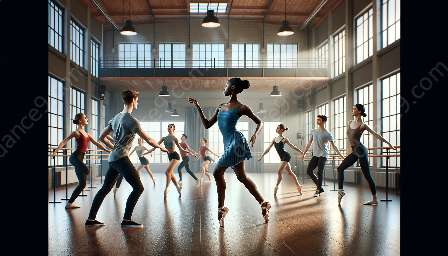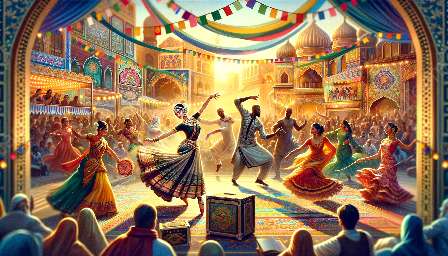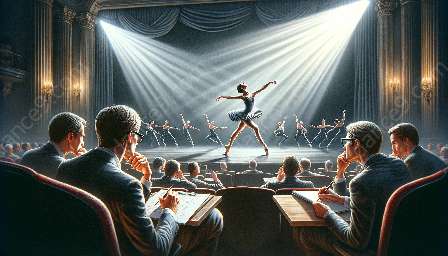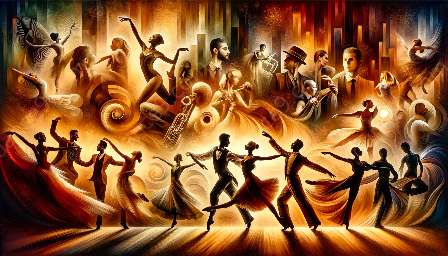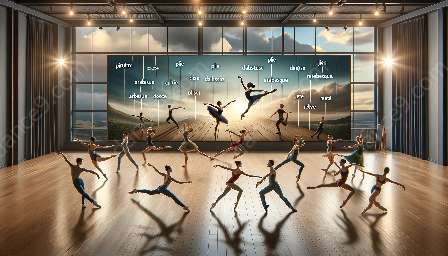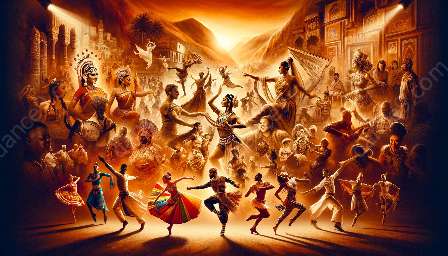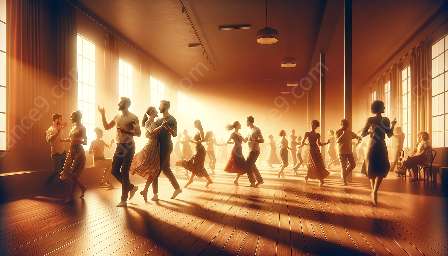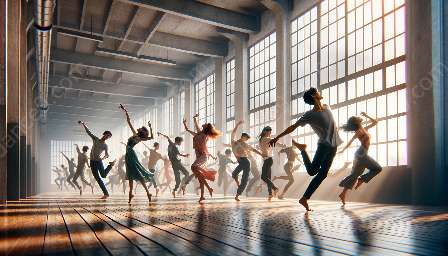Dance has been an integral part of human culture for centuries, and its artistic expression has made its way into the world of film, giving birth to the genre of dance movies. The fusion of dance and cinema brings with it a set of unique ethical considerations that must be carefully navigated to ensure respectful and accurate representation of dancers and their art. In this comprehensive guide, we will delve into the ethical implications of creating dance films, touching on issues such as cultural appropriation, consent, and fair compensation.
The Importance of Ethical Considerations
Maintaining Authenticity and Integrity: Dance, as a form of cultural expression, carries deep significance for the communities from which it originates. Ethical considerations in dance film production are essential to preserve the authenticity and integrity of these art forms.
Respecting Diversity: The world of dance is rich and diverse, encompassing a wide array of styles, traditions, and cultural influences. Ethical practices in dance film production involve acknowledging and celebrating this diversity while avoiding the reduction of these art forms to stereotypes.
Representation and Cultural Sensitivity
Authentic Representation of Cultures: Dance films often feature traditional and contemporary dances from various cultures. It is crucial to represent these dances accurately and respectfully, consulting with experts and community members to ensure a genuine portrayal.
Addressing Cultural Appropriation: Ethical considerations in dance film production necessitate a careful examination of the potential for cultural appropriation. Filmmakers must be mindful of the sources of inspiration for their work and work to ensure that they are not appropriating cultural elements in an exploitative or disrespectful manner.
Consent and Respect for Dancers
Respecting Dancer Autonomy: Dancers are artists whose performances are deeply personal and often physically demanding. Ethical dance film production involves obtaining informed consent from the performers and respecting their creative agency.
Protecting Dancer Safety: Dance movies often involve complex choreography and physically demanding sequences. It is vital for filmmakers to prioritize the safety and well-being of the dancers, providing a safe working environment and appropriate support systems.
Fair Compensation and Working Conditions
Ensuring Equity and Fair Pay: Ethical dance film production entails fair compensation for dancers, choreographers, and other professionals involved in the production. Equitable pay and working conditions are essential for fostering a sustainable and respectful industry.
Promoting Diversity Behind the Scenes: In addition to on-screen representation, ethical considerations in dance film production extend to the composition of the production team. Efforts should be made to promote diversity and inclusion among the filmmakers, choreographers, and other creative contributors.
Conclusion
As dance continues to inspire and captivate audiences around the world, the ethical considerations in dance film production play a pivotal role in preserving the artistry and cultural significance of dance. By embracing these considerations, filmmakers can ensure that their work pays homage to the beauty of dance while upholding the values of respect, inclusivity, and authenticity.


